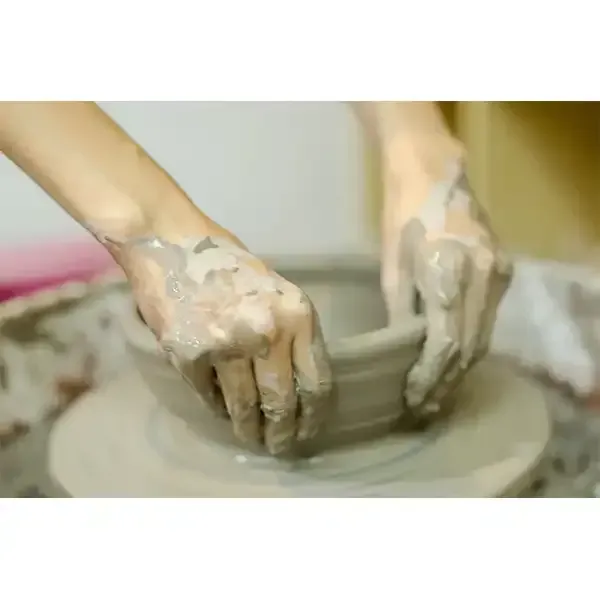The Role of Ceramic Tile Adhesive in Modern Construction
Ceramic tiles have long been a popular choice in both residential and commercial settings due to their durability, aesthetic appeal, and ease of maintenance. However, the effectiveness of ceramic tiles largely depends on the quality of the adhesive used to bond them to various surfaces. Ceramic tile adhesive plays a critical role in ensuring the longevity and performance of tiled surfaces.
What is Ceramic Tile Adhesive?
Ceramic tile adhesive, commonly known as thin-set mortar, is a specialized mixture of cement, fine aggregates, and other additives designed to bond tiles to a substrate. This versatile material is available in various formulations, including modified and unmodified types, each suited for specific applications. Modified adhesives contain polymers that enhance their performance, making them suitable for moist environments, heavy traffic areas, or when tiling over unconventional substrates.
Importance of Choosing the Right Adhesive
Choosing the right ceramic tile adhesive is crucial for successful tile installation. Several factors must be considered, including the type of tile, the substrate material, the environmental conditions, and the installation method. For example, large-format tiles may require a more robust adhesive to support their weight, while outdoor installations need adhesives that can withstand temperature fluctuations and moisture exposure.
Using an inappropriate adhesive can lead to serious problems, such as tile cracking, debonding, or uneven surfaces, which ultimately compromise the aesthetic and functional integrity of the installation.
Benefits of Ceramic Tile Adhesive
ceramic tile adhesive

1. Strong Bonding Capabilities One of the primary advantages of ceramic tile adhesive is its ability to create a strong bond between the tile and the substrate. This ensures that the tiles remain securely in place, even under heavy foot traffic or environmental stress.
2. Flexibility and Movement Accommodation High-quality tile adhesives can accommodate slight movements in the substrate, reducing the risk of cracks in the tiles. This is particularly important in regions with temperature changes or in buildings that settle over time.
3. Water Resistance Many ceramic tile adhesives offer excellent resistance to moisture, making them suitable for wet areas such as bathrooms and kitchens. This property helps to prevent mold and mildew growth, contributing to a healthier environment.
4. Ease of Use Modern ceramic tile adhesives are user-friendly, allowing both professionals and DIY enthusiasts to achieve a seamless installation. They can be applied with a trowel and adjust quickly before setting, which is especially beneficial in larger projects.
5. Versatility Ceramic tile adhesives can bond a wide variety of tile materials, including porcelain, glass, and stone. This versatility opens up a range of design possibilities for both new constructions and renovation projects.
Conclusion
In summary, ceramic tile adhesive is a fundamental component in the successful installation of ceramic tiles. Its ability to provide strong bonding, flexibility, water resistance, and ease of use makes it indispensable in modern construction and renovation projects. Whether for a simple home bathroom or a large commercial space, investing in quality ceramic tile adhesive ensures durability, enhances aesthetic appeal, and leads to long-lasting results that stand the test of time.
-
Rdp Powder: Key Considerations for Wholesalers in the Building Materials IndustryNewsJul.08,2025
-
Key Considerations for Wholesalers: Navigating the World of Hpmc - Based ProductsNewsJul.08,2025
-
Hpmc Detergent: Key Considerations for WholesalersNewsJul.08,2025
-
Key Considerations for Wholesalers: China Hpmc For Tile Adhesive, Coating Additives, Concrete Additives, and MoreNewsJul.08,2025
-
Crucial Considerations for Wholesalers: Navigating the World of Construction MaterialsNewsJul.08,2025
-
Key Considerations for Wholesalers Sourcing Additive For Cement, Additive For Concrete, Additive For Putty from Additive Manufacturer Shijiazhuang Gaocheng District Yongfeng Cellulose Co., Ltd.NewsJul.08,2025




